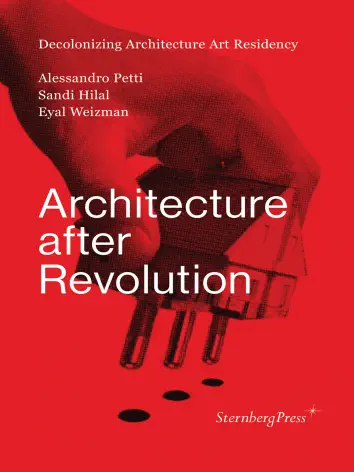Why some architects fail to realize their ideal buildings, and what architecture critics can learn from novelists.
The usual history of architecture is a grand narrative of soaring monuments and heroic makers. But it is also a false narrative in many ways, rarely acknowledging the personal failures and disappointments of architects. In Bleak Houses, Timothy Brittain-Catlin investigates the underside of architecture, the stories of losers and unfulfillment often ignored by an architectural criticism that values novelty, fame, and virility over fallibility and rejection.
As architectural criticism promotes increasingly narrow values, dismissing certain styles wholesale and subjecting buildings to a Victorian litmus test of “real” versus “fake,” Brittain-Catlin explains the effect this superficial criticality has had not only on architectural discourse but on the quality of buildings. The fact that most buildings receive no critical scrutiny at all has resulted in vast stretches of ugly modern housing and a pervasive public illiteracy about architecture.






Reviews
There are no reviews yet.